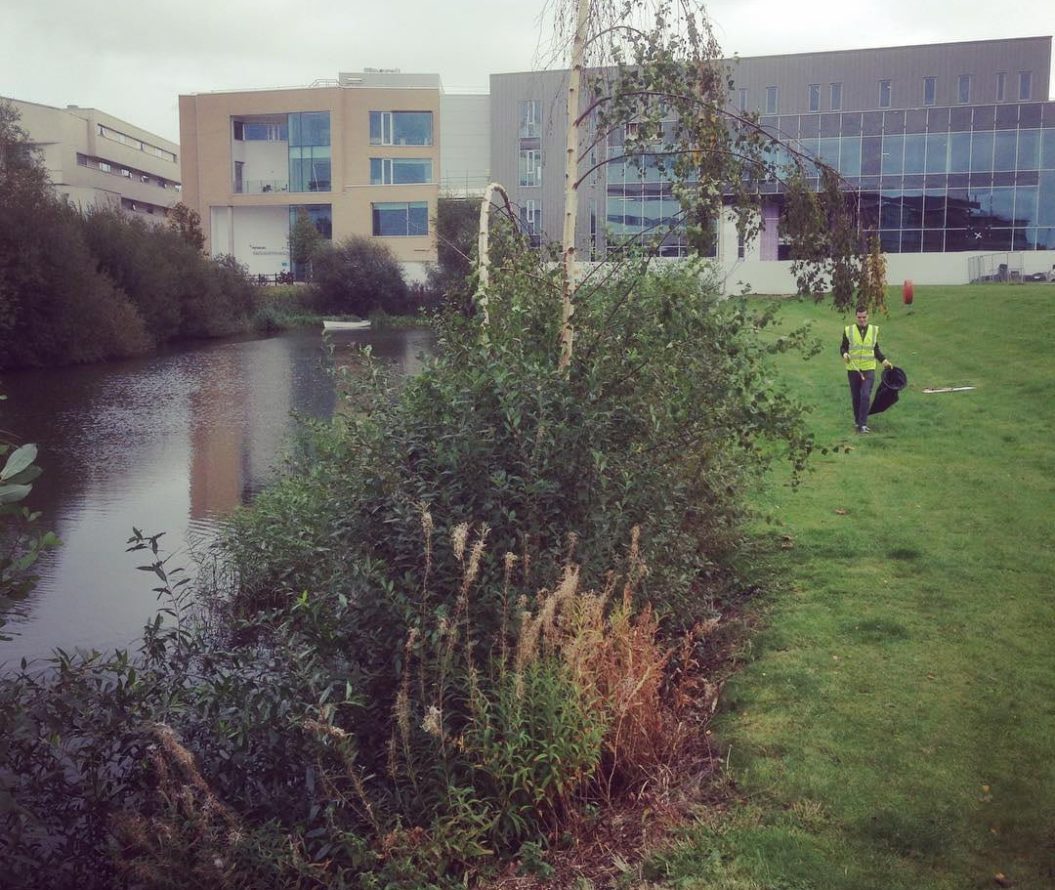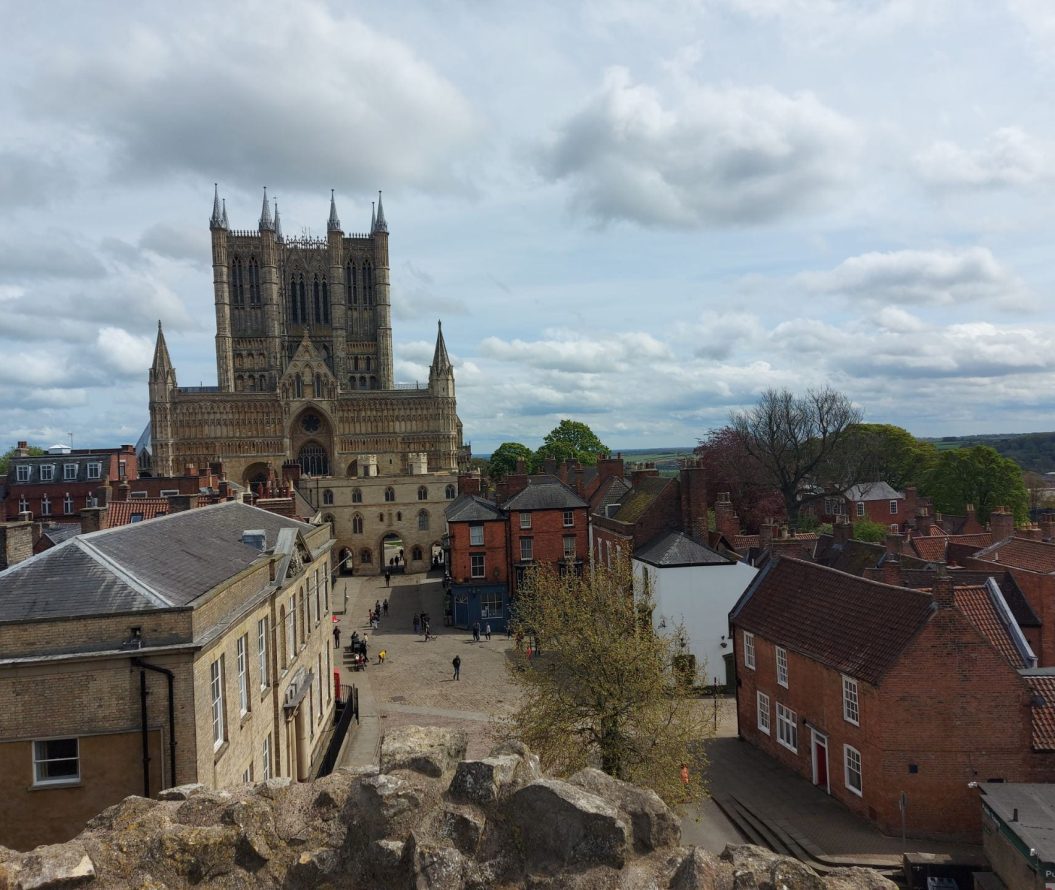Hi there! My name is Alex and I'm currently undertaking my Creative Writing PhD at the University of Lincoln. I'm a big fan of lots of streaming services, books, and am a published poet! I aspire to be a multi-genre,…
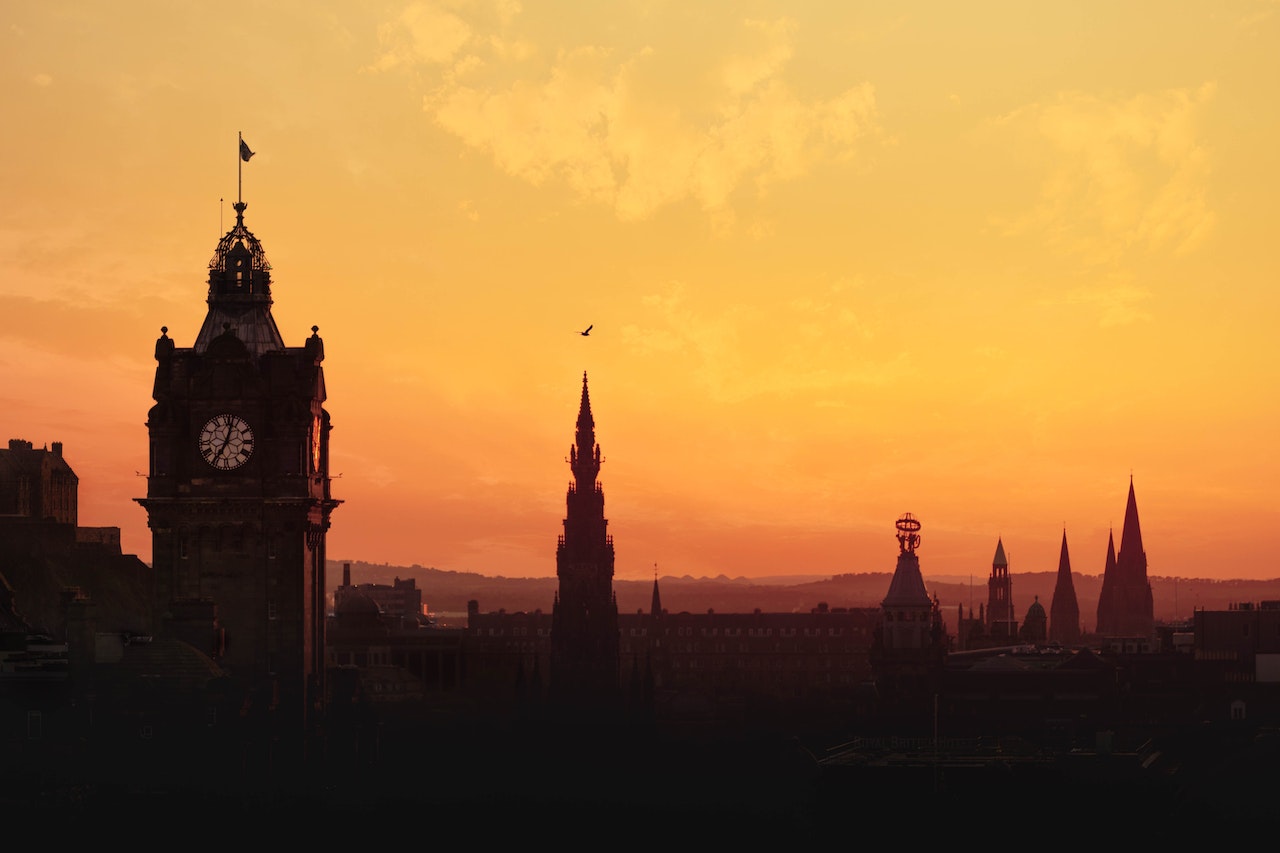
Burns Night
Burns Night is an event held on January 25th every year to commemorate the life of the famous Scottish poet Robert Burns,…
January 25, 2023,
read.
Burns Night is an event held on January 25th every year to commemorate the life of the famous Scottish poet Robert Burns, whose birthday fell on this date back in 1759. Burns Night has been celebrated annually since 1801 and is considered Scotland’s ‘other national day’ aside from St Andrew’s Day. On this day the Scottish practise several cultural traditions to honour Robert Burns himself and his legendary devotion to Scotland, including its natural beauty and inhabitants.
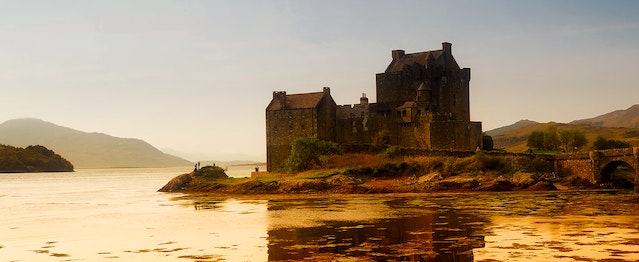
‘Address to a Haggis’
It is often reported that the first Burns supper was held over 200 years ago when nine of the poet’s closest friends gathered to mark the fifth anniversary of his death in 1801. Their meal featured the traditional Scottish dish of haggis, a sheep’s head, which was then followed by a performance of Burns’ poem ‘Address to a Haggis’, which reads as follows:
Fair fa’ your honest, sonsie face,
Great Chieftain o’ the Puddin-race!
Aboon them a’ ye tak your place,
Painch, tripe, or thairm:
Weel are ye wordy of a grace
As lang ‘s my arm.
The groaning trencher there ye fill,
Your hurdies like a distant hill,
Your pin wad help to mend a mill
In time o’ need,
While thro’ your pores the dews distil
Like amber bead.
His knife see Rustic-labour dight,
An’ cut ye up wi’ ready slight,
Trenching your gushing entrails bright,
Like onie ditch;
And then, O what a glorious sight,
Warm-reekin, rich!
Then, horn for horn, they stretch an’ strive:
Deil tak the hindmost, on they drive,
Till a’ their weel-swall’d kytes belyve
Are bent like drums;
Then auld Guidman, maist like to rive,
Bethankit hums.
Is there that owre his French ragout,
Or olio that wad staw a sow,
Or fricassee wad mak her spew
Wi’ perfect sconner,
Looks down wi’ sneering, scornfu’ view
On sic a dinner?
Poor devil! see him owre his trash,
As feckless as a wither’d rash,
His spindle shank a guid whip-lash,
His nieve a nit;
Thro’ bluidy flood or field to dash,
O how unfit!
But mark the Rustic, haggis-fed,
The trembling earth resounds his tread,
Clap in his walie nieve a blade,
He’ll make it whissle;
An’ legs, an’ arms, an’ heads will sned,
Like taps o’ thrissle.
Ye Pow’rs wha mak mankind your care,
And dish them out their bill o’ fare,
Auld Scotland wants nae skinking ware
That jaups in luggies;
But, if ye wish her gratefu’ prayer,
Gie her a Haggis!
Robert Burns
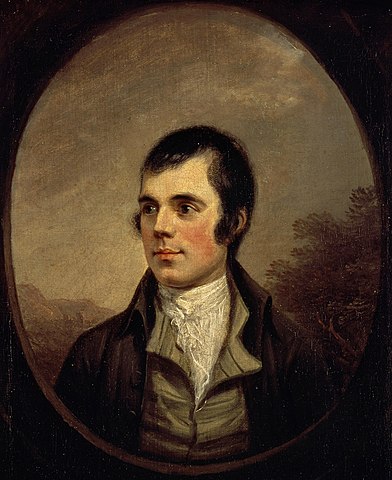
Robert Burns was born in 1759 as the eldest of seven to a tenant farmer in the village of Alloway. Although he followed in his father’s footsteps of farming for much of his life, he still was able to produce well over 700 poems before he passed away at the age of 37. The poet lived a life of debt, and as a result, Robert Burns had great empathy for the poor, acutely understanding the unfairness of poverty – this meant he resonated profoundly with his fellow Scots through his writing. He frequently wrote about the gap between the rich and poor, religion, love, alcohol as well as what it meant to be a Scot. However, the poet is also remembered for being an excessive drinker, a fact thought to be a leading cause of the endocarditis that ended his life.
Burns Supper
Burns Night is traditionally commemorated in Scotland with a Burns Supper. This starts with a cock-a-leekie soup followed by haggis, neeps and tatties – and then of course a glass of whisky! Many events occur in places such as Edinburgh, where you can often find many people organising readings of Burns’ poetry and enjoying cèilidhs with loved ones – a cèilidh (or céilí) being a traditional Scottish or Irish social gathering usually involving dancing and the playing of Gaelic folk music at a community gathering place. Robert Burns is without a doubt a great Scottish icon, a true national treasure, who even after all this time can unite people with his great poetry – a beautiful legacy, without a doubt.
